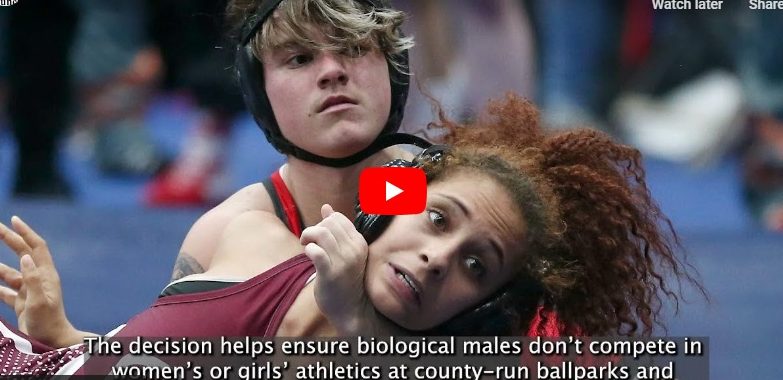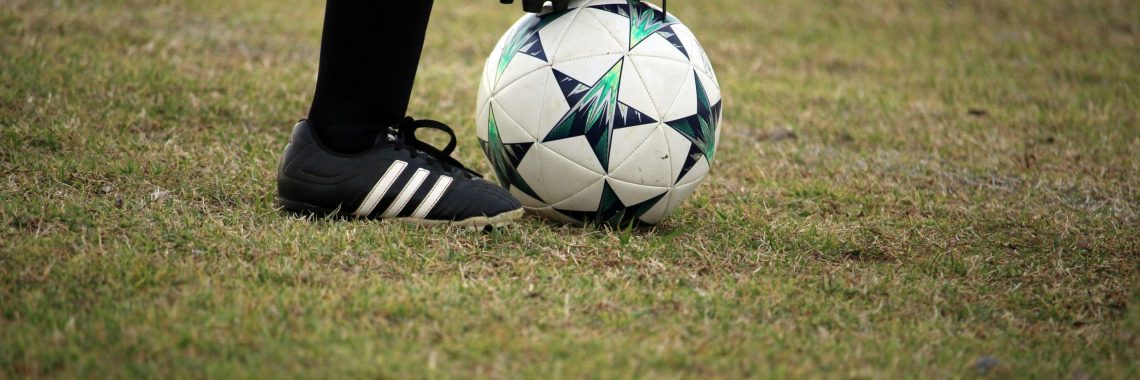NY County’s Decision to Protect Women’s Draws Support From Caitlyn Jenner, Opposition From ACLU

A Nassau County, New York, decision to protect fairness in women’s sports is sparking controversy.
On February 22, Nassau County Executive Bruce Blakeman signed an executive order preventing male athletes from competing in female athletics at county recreational facilities.
The decision helps ensure biological males don’t compete in women’s or girls’ athletics at county-run ballparks and sports facilities.
In response, the ACLU of New York filed a lawsuit against the county, calling the executive order “discriminatory.”
However, last week former decathlon Olympic gold medalist Caitlyn Jenner spoke in favor of the county order, saying that letting men compete against women would “ruin women’s sports” for years to come. Jenner is a biological male who identifies as female and legally changed his name from Bruce to Caitlyn in 2015.
Across the board, policymakers and sporting leagues have taken steps to protect fairness in women’s sports.
Earlier this month the professional golf league NXXT Golf announced that only biological females would be eligible to participate in the NXXT Women’s Pro Tour.
Last fall the North American Grappling Association clarified its competition policy by saying biological males must compete against other men, regardless of their gender identity.
These changes come as female cyclists, swimmers, powerlifters, sprinters, and others have seen their sports radically changed by biological males who identify and compete as women.
Letting men compete in women’s sports reverses 50 years of advancements for women and effectively erases women’s and girls’ athletics.
It hampers girls’ abilities to compete for athletic scholarships, and it hurts their professional opportunities as adults. In some sports, it can even be dangerous.
That is part of the reason states like Arkansas, Texas, West Virginia, and Ohio have enacted laws that uphold fairness in women’s sports.
In 2021 Arkansas passed Act 461 by Sen. Missy Irvin (R — Mountain View) and Rep. Sonia Barker (R — Smackover) preventing male student athletes from competing against girls in women’s athletics at school. This good law protects fairness in women’s sports in Arkansas.
It’s worth point out that public opinion is shifting on this issue, with more Americans agreeing that athletes ought to compete according to their biological sex rather than their gender identity. Laws and policies preserving fairness in women’s sports reflect public opinion on this issue.
Articles appearing on this website are written with the aid of Family Council’s researchers and writers.
8th Circuit to Decide if Arkansas Can Protect Children From Sex-Change Surgeries
The federal Eighth Circuit Court of Appeals will decide if Arkansas can enforce a law protecting children from cross-sex hormones, puberty blockers, and sex-change procedures.
Watch this video to learn more.



